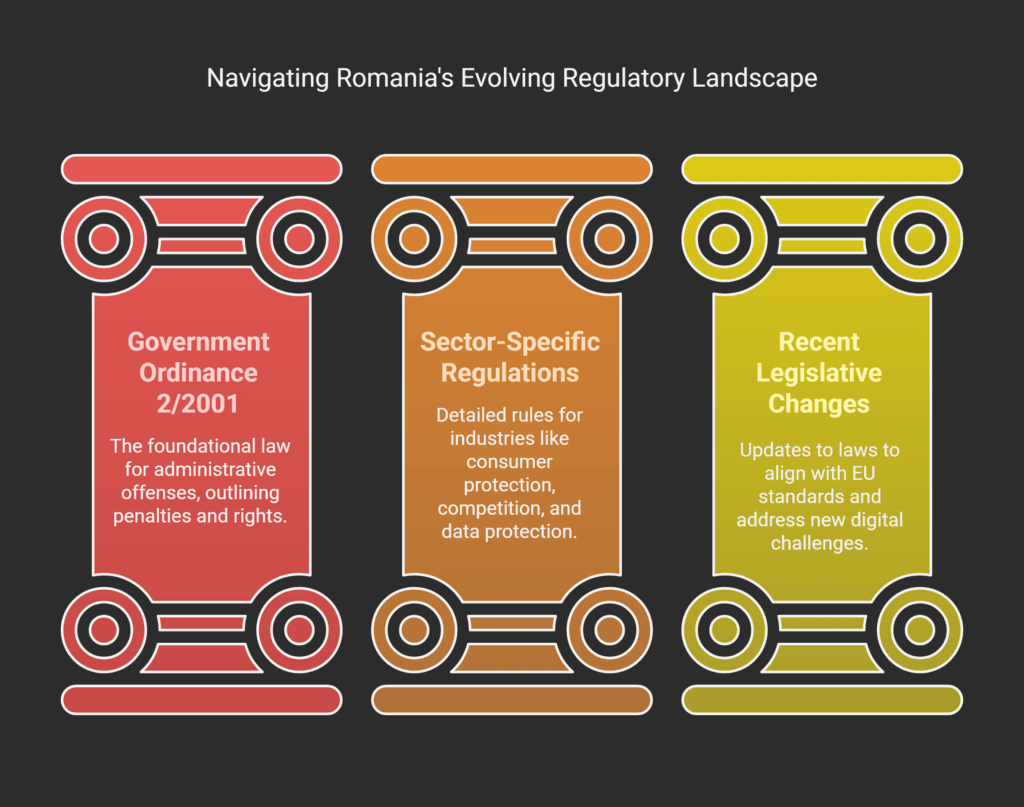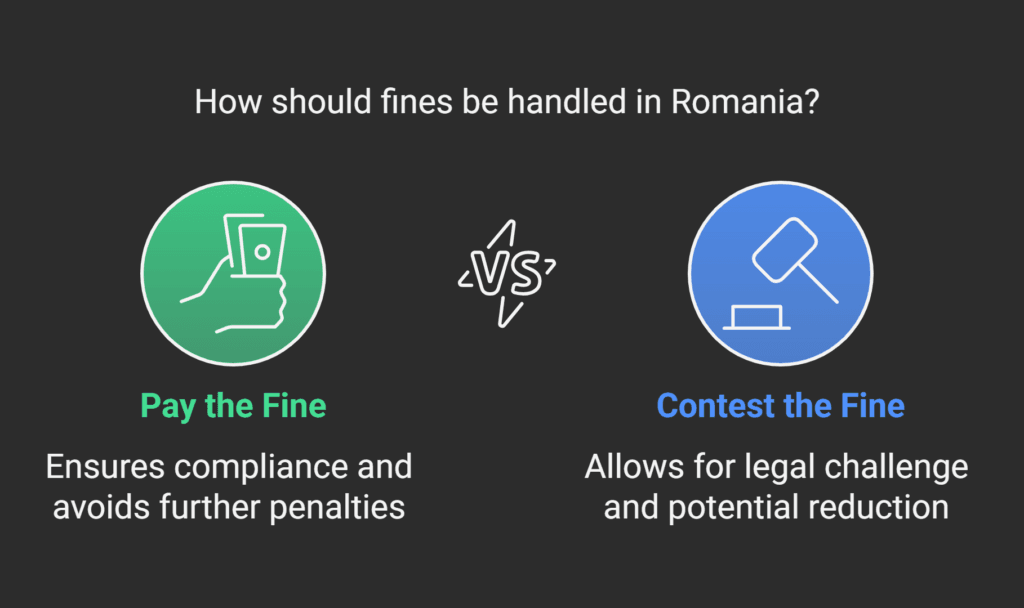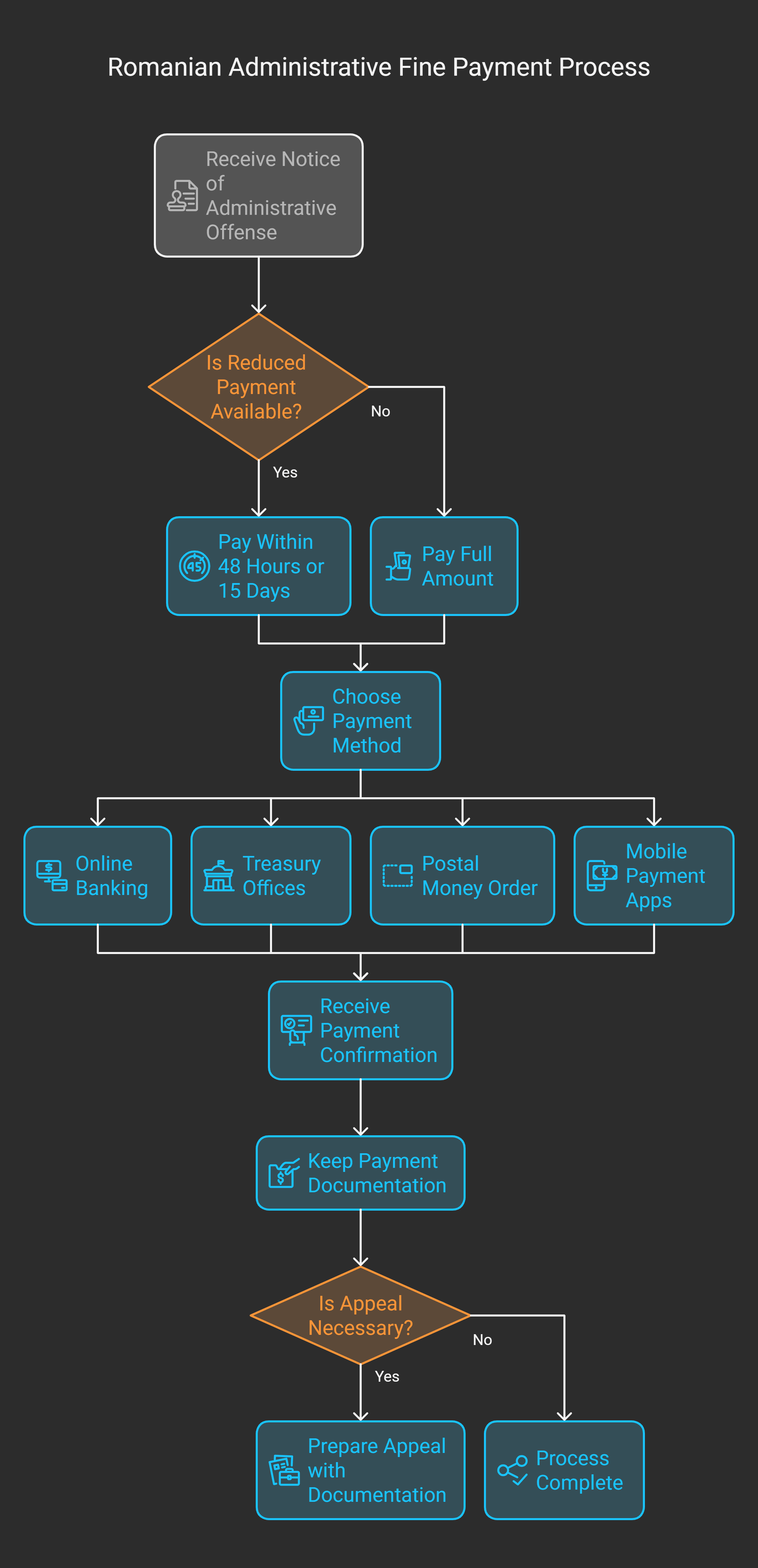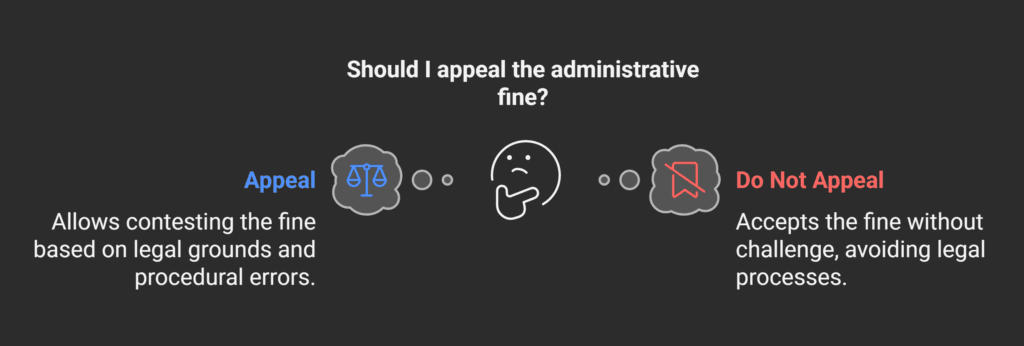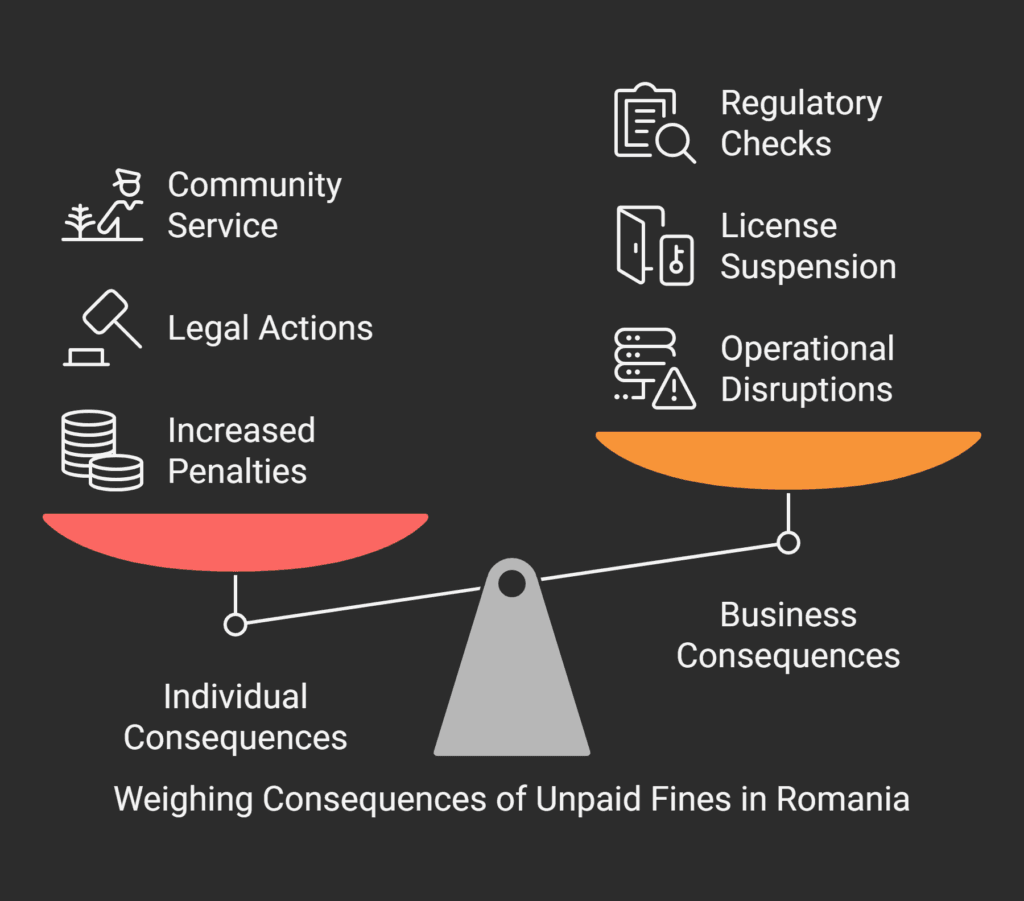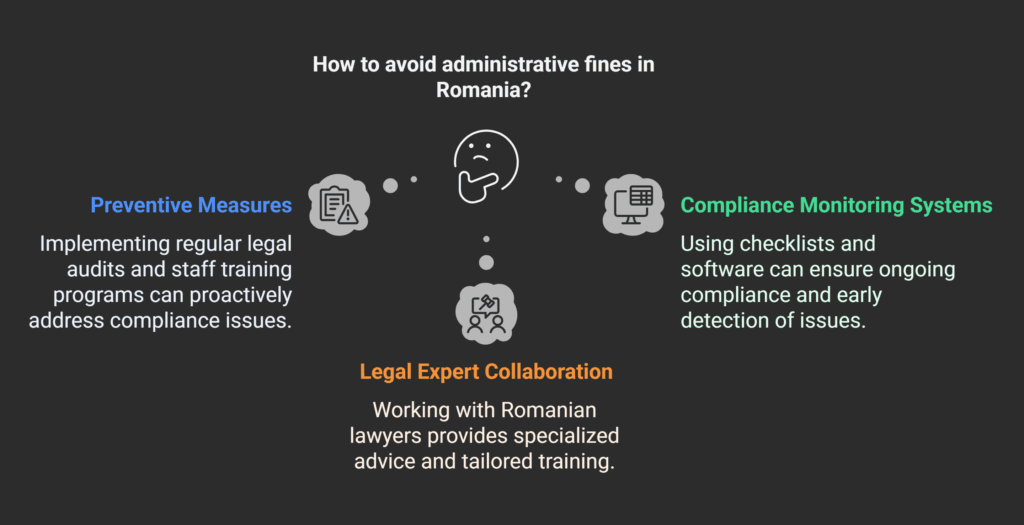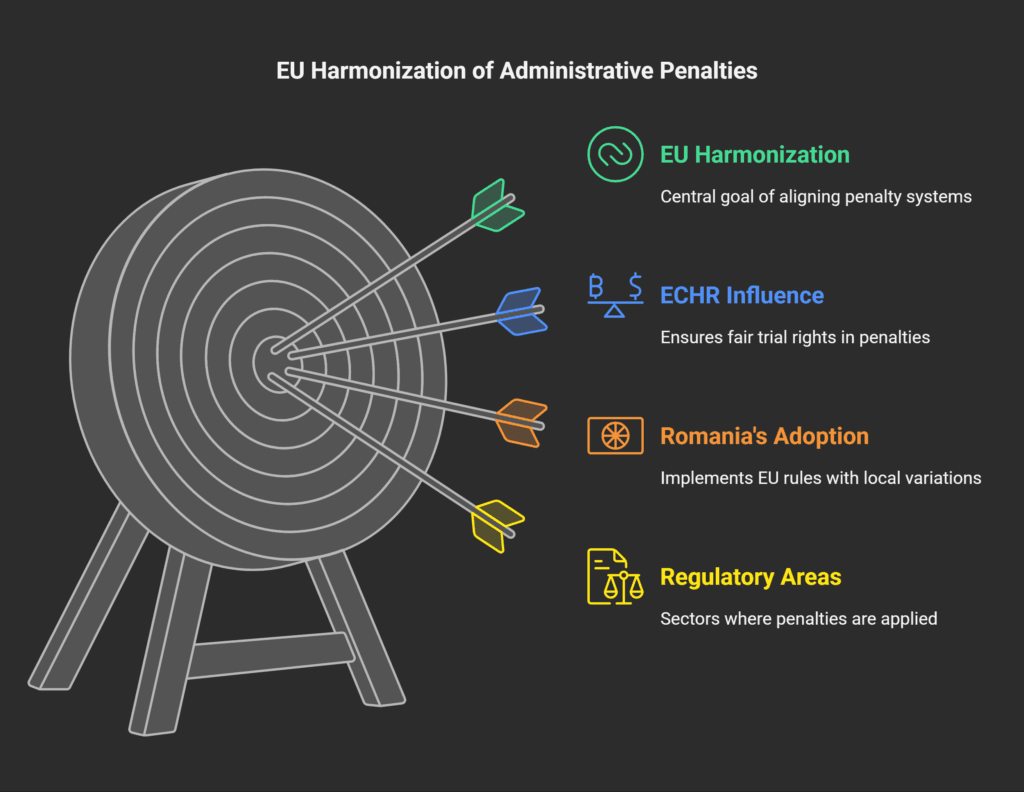Key Legislative Changes in Romania’s Energy Sector in 2025
Key Legislative Changes in Romania’s Energy Sector in 2025
In 2025, Romania’s energy sector is at a turning point.
A surprising fact shows that 42% of energy investments will go to renewable energy projects.
These changes are key for Romania’s energy strategy and green growth.
The Romanian government is making big changes in renewable energy, cutting carbon emissions, and improving energy security.
These updates aim to update the energy system and meet EU standards.
The new laws will change the energy market, open up new investment chances, and boost green tech use.
Companies and investors need to watch these changes closely.
They must plan well to fit into Romania’s changing energy scene.
Key Takeaways
- Comprehensive legislative reforms targeting renewable energy development;
- Significant investments in sustainable energy infrastructure;
- Alignment with EU environmental and energy efficiency standards;
- Enhanced carbon emissions reduction strategies;
- New opportunities for energy sector investors.
For more information about these legislative changes, contact our experts at office@theromanianlawyers.com.
Overview of Romania’s Energy Market Structure
Romania’s energy market is changing fast and is key to the country’s growth.
It involves complex interactions between rules, players, and new tech.
Romania is moving towards cleaner energy.
Grid updates are leading the way to a greener future.
Current Energy Composition and Key Market Participants
Romania’s energy mix is diverse.
It includes:
- Renewable Energy: 42.4%;
- Fossil Fuels: 37.6%;
- Nuclear Power: 19.9%.
State and private companies are leading the way.
They innovate and update rules in the energy sector.
Regulatory Landscape and Governance
The Romanian Energy Regulatory Authority (ANRE) oversees the market.
They set policies for cleaner energy and fair competition.
Their goal is a transparent and competitive market.
Market Liberalization Progress
Romania is making its market more open.
This follows EU goals for energy integration.
The aim is to boost competition, lower costs, and support green energy.
Romania is changing its energy sector.
It’s using new ways to modernize grids and move to clean energy.
Legislative Changes in Romania’s Energy Sector 2025
Romania is changing its energy policy in big ways.
Important laws are being updated to help the country use more sustainable energy.
These changes aim to make the energy system better and more modern.
These updates focus on making energy use more efficient and supporting renewable energy.
Romania wants to use more clean energy and meet European Union goals.
- Updates to the Companies Law affecting energy sector governance;
- New regulations for permanent grasslands management;
- Revised licensing procedures in the electricity sector;
- Enhanced support mechanisms for renewable energy projects.
Renewable energy is getting a lot of attention.
New laws will make it easier to start projects and offer financial help.
This will help remove obstacles to clean energy growth.
There are new rules for wind and solar farms, better grid connections, and more money for green projects.
These steps show Romania’s dedication to leading in energy innovation.
These big changes put Romania at the top of sustainable energy.
The new laws will open up more chances for investors, producers, and users to join the green energy shift.
| Legislative Area | Key Changes in 2025 |
| Electricity Sector | Simplified licensing and grid integration |
| Renewable Energy | Enhanced financial incentives and project support |
| Energy Efficiency | Stricter standards for infrastructure and buildings |
Renewable Energy Policy Framework Updates
Romania is changing its energy scene with new policies.
These aim to cut down on fossil fuels and support green goals.
The country’s plan for renewable energy is strong, helping green projects grow.
The government has started new programs to boost renewable energy.
These steps are key to meeting big goals on cutting emissions.
They help make energy safer and more reliable.
New Support Mechanisms for Renewable Projects
Romania has a new Contracts for Difference (CfD) scheme to encourage green energy.
This includes:
- Financial help for onshore wind projects;
- Support for solar photovoltaic projects;
- A total of 5,000 MW capacity;
- Protection for investors in renewable energy.
Changes in Green Certificate System
The green certificate system has been updated.
This makes it easier for renewable energy producers.
Your investment in Romanian green energy will see benefits like:
- Easier certification;
- Better market clarity;
- More financial stability.
Offshore Wind Energy Regulations
Romania is ready to use its Black Sea wind power.
New rules make it easier for developers to start big offshore wind projects.
These policies show Romania’s dedication to a green and secure energy future.
They balance protecting the environment with economic growth.
Grid Modernization and Infrastructure Development
Romania is changing its energy system with new grid modernization plans.
The goal is to use more renewable energy and make the system more reliable.
Key steps include:
- Upgrading transmission and distribution networks;
- Implementing smart grid technologies;
- Expanding interconnections with neighboring European countries;
- Developing advanced energy storage solutions.
Improving energy efficiency is a big part of these efforts.
The country aims to boost grid capacity.
This will help Romania move towards a greener energy future.
| Infrastructure Component | Investment Focus | Expected Outcome |
| Smart Grid Systems | Digital monitoring technologies | Improved grid stability |
| Renewable Energy Integration | Advanced grid flexibility solutions | Increased renewable energy capacity |
| Energy Storage | Battery and pumped hydro storage | Enhanced grid resilience |
Consumer protection is also a key part of these changes.
It ensures energy is delivered in a clear and reliable way.
Expect more efficient, green, and responsive energy systems in Romania.
Energy Efficiency and Conservation Measures
Romania is setting up a new energy plan for 2025.
It aims to change how we use energy.
The plan includes ways to cut down energy use in different areas.
The government wants to make energy use better.
They are focusing on buildings, industries, and people.
This will help make our energy use more sustainable and efficient.
Building Energy Performance Standards
New rules will make buildings use less energy.
Some key points are:
- Minimum thermal insulation standards for new constructions;
- Mandatory energy performance certificates;
- Required renewable energy integration in residential and commercial buildings.
Industrial Energy Efficiency Requirements
Industries will have to use less energy.
They need to:
- Do comprehensive energy audits;
- Use advanced monitoring systems;
- Meet specific efficiency targets.
| Sector | Energy Efficiency Target | Implementation Deadline |
| Manufacturing | 15% reduction | December 2025 |
| Construction | 20% reduction | June 2026 |
| Transportation | 10% reduction | December 2025 |
Consumer Energy Saving Initiatives
There are programs to help people save energy.
These include:
- tax credits, rebates for energy-efficient appliances, and free home energy checks.
Natural Gas Market Reforms
Romania is making big changes in its natural gas market.
These changes support its plan to move away from fossil fuels.
They aim to make the energy market more secure and competitive for everyone.
The new rules cover several important areas.
Knowing about these changes will help you understand Romania’s energy future.
- Liberalization of market access rules;
- Enhanced pricing transparency mechanisms;
- Infrastructure development for grid modernization plans;
- Strengthened consumer protection laws.
The main goals of these reforms are to cut down on fossil fuel use.
The government wants to encourage the use of cleaner energy.
It’s also making it easier for companies to improve their services.
| Reform Area | Key Changes | Expected Impact |
| Market Access | Simplified entry requirements | Increased competition |
| Pricing Mechanisms | More transparent price setting | Better consumer protection |
| Infrastructure | Grid modernization investments | Improved energy security |
As a consumer or industry player, your support is key.
These changes are a big step towards a better energy future for Romania.
Nuclear Energy Development Framework
Romania’s nuclear energy plan is key to its energy shift and cutting carbon emissions.
It sees nuclear power as a major part of its energy mix.
This helps keep electricity flowing while reducing harmful emissions.
The growth of the Cernavodă nuclear plant is a big step for Romania’s green goals and rule changes.
Adding two new units by 2030-2031 will cut CO2 emissions by about 20 million tons a year.
Safety Regulations Updates
Romania has set strict safety rules, following global and EU standards.
These rules make sure:
- Reactor monitoring systems are better;
- Emergency plans are thorough;
- Radiation protection is top-notch;
- International safety checks happen regularly.
New Nuclear Project Guidelines
The government has clear rules for starting new nuclear projects.
These rules focus on new tech, being green, and making economic sense.
They help investors and others understand the process.
Waste Management Protocols
Good waste management is essential for nuclear energy to be sustainable.
Romania’s new plans include:
- Using the latest storage tech;
- Keeping waste safe for a long time;
- Reducing harm to the environment;
- Following global waste standards.
By using these detailed strategies, Romania is making its nuclear energy better.
It’s working towards a cleaner, greener energy future.
Carbon Emissions and Environmental Compliance
Romania is changing how it handles carbon emissions with new environmental rules.
Being part of the European Union, it’s working hard to cut down its carbon output.
This supports green growth and energy efficiency.
The country has set up a plan to cut down carbon emissions fast.
It includes:
- Getting more involved in the EU Emissions Trading System (EU ETS);
- Quickly moving away from fossil fuels;
- Offering special help for clean tech investments;
- Requiring more detailed environmental reports.
It’s important to know about these new rules.
Romania aims to cut its carbon emissions by 62% from the start.
This shows a big change in its energy and environmental policies.
| Emission Reduction Target | Primary Strategy | Investment Focus |
| -62% by 2030 | Renewable Energy Transition | Clean Technology Sector |
| EU ETS Compliance | Carbon Pricing Mechanisms | Energy Efficiency Projects |
Energy companies need to adjust to these new rules.
The plan encourages them to invest in new, green technologies.
This helps them stay competitive while cutting down on carbon emissions.
Energy Security and Storage Regulations
Romania is working hard to make its energy system more secure.
It’s doing this by creating strong rules for energy storage.
This plan aims to make energy use cleaner and more reliable.
The country needs to stop using fossil fuels and find new ways to store energy.
Talks with experts have helped shape these new rules.
This ensures a smooth transition to cleaner energy.
Strategic Reserve Requirements
New energy rules in Romania require a lot of energy storage.
This is to keep the power on at all times.
The main points are:
- Minimum storage capacity levels for different energy sources;
- Diversification of energy storage technologies;
- Mandatory reserve maintenance for critical infrastructure.
Emergency Response Protocols
The new rules also focus on quick action during emergencies.
They aim to keep the energy system stable.
The key points are:
- Rapid deployment of alternative energy sources;
- Coordinated communication channels;
- Prioritized critical infrastructure protection.
Storage Capacity Mandates
| Energy Source | Minimum Storage Requirement | Implementation Deadline |
| Renewable Energy | 30% of total production | January 2026 |
| Natural Gas | 45% of annual consumption | July 2025 |
| Nuclear | 60-day continuous supply | December 2025 |
Romania is serious about having a strong, green energy system.
It’s focusing on building better storage and being ready for emergencies.
This puts Romania at the leading edge of energy change.
Consumer Protection and Market Transparency
Romania’s 2025 laws have made big steps in protecting energy consumers.
Your rights have grown stronger, with clearer rules and market changes.
These aim to give you more power in the electricity market.
The new rules cover important areas of consumer protection.
They make sure the power grid works better for you, with fair prices and better service.
- Improved billing transparency;
- Enhanced dispute resolution processes;
- Digital tools for energy consumption tracking;
- Clear information about electricity market reforms.
Digital tools are key in these changes.
Smart meters give you real-time info on your energy use.
This helps you make better choices.
Energy storage technologies also help you control your energy costs.
The Romanian energy regulator has set strict rules.
Energy suppliers must:
- Give clear, easy-to-understand bills;
- Offer easy-to-reach customer support;
- Share all pricing details;
- Fix complaints fast.
These updates make the energy market clearer and friendlier for consumers.
You can now choose better about your energy use and providers.
This supports Romania’s energy transition goals.
Conclusion: Implications for Businesses and Investors
Romania’s 2025 energy sector updates offer big chances for businesses and investors.
These changes aim to make the energy landscape more dynamic and green.
They focus on growing renewable energy and updating the grid.
It’s key to understand the new green investment incentives.
The Romanian energy market is changing a lot.
It’s opening up to companies ready to invest in clean energy and upgrade infrastructure.
Energy security efforts are leading to big changes.
Companies that quickly adjust to these new rules will have the best shot at new market chances.
The new rules also push for innovation and support sustainable energy plans.
For more detailed insights and legal advice on these changes, reach out to energy sector experts at office@theromanianlawyers.com.
Here we can guide you through Romania’s energy sector shift and our advice will help you make strong investment plans.
FAQ
What are the key legislative changes in Romania’s energy sector for 2025?
Romania is making big changes in its energy sector for 2025.
These changes aim to make the country’s energy use more sustainable.
They include updates to laws, new rules for renewable energy projects, and better energy efficiency standards.
These updates are in line with the EU’s energy and climate goals.
They focus on using less fossil fuel and more renewable energy.
How will the new renewable energy policy framework impact investors?
The new policy framework will help investors in many ways.
It introduces the Contracts for Difference (CfD) scheme and changes to the Green Certificate System.
These changes offer new chances for investors, showing Romania’s commitment to renewable energy.
What are the main grid modernization initiatives for 2025?
Romania is working hard to modernize its grid.
It aims to increase grid capacity, improve connections with other countries, and use smart grid technologies.
The goal is to better handle renewable energy and keep the system stable.
What changes are happening in the natural gas market?
The natural gas market is getting a big overhaul in 2025.
The changes aim to make the market more competitive by introducing new pricing and access rules.
This balance ensures energy security for both businesses and homes.
How are energy efficiency measures being implemented?
Romania is introducing new energy efficiency rules.
These include better building standards, industrial efficiency requirements, and ways for consumers to save energy.
The goal is to meet energy efficiency goals and support the deregulation of the electricity market.
What new consumer protection measures are being introduced?
Consumers will get more protection in 2025.
The changes include better billing, ways to solve disputes, and more market transparency.
These steps aim to make the energy market fairer and more open.
How is Romania addressing carbon emissions in the energy sector?
Romania is taking steps to reduce carbon emissions in the energy sector.
It’s strengthening its role in the EU Emissions Trading System (EU ETS) and introducing new environmental standards.
These efforts aim to cut emissions and meet international climate agreements.
What are the key energy security and storage regulations?
New rules are being set for energy security and storage.
They include updated reserve requirements, emergency plans, and storage mandates for all energy types.
These changes aim to keep the energy supply stable while moving towards a cleaner energy system.
What changes are occurring in nuclear energy development?
Nuclear energy is getting a boost in 2025.
The updates include new safety rules, guidelines for projects, and better waste management.
These changes support the growth of the Cernavodă facility and help integrate nuclear energy into Romania’s green goals.
How can businesses prepare for these energy sector changes?
Businesses need to stay up-to-date with the new rules.
They should look into green investments and get ready for changing standards.
Understanding the new incentives and market reforms is key to success in Romania’s energy transition.







